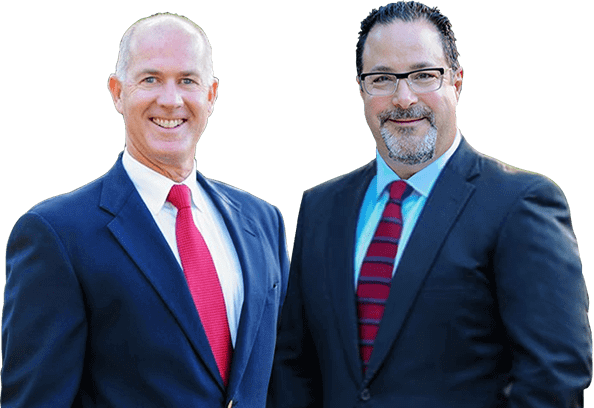Although the health care industry often focuses on injuries that nurses and other staff members face, there are some medical professionals that have a high risk of injury but don’t come up often in those conversations. Those individuals include surgeons.
Surgeons work directly with patients in a surgical setting and are exposed to biohazards, sharp objects and potentially violent patients or their family and friends. Surgeons often suffer from injuries such as:
· Epicondylitis of the elbow
· Lumbar disc herniation
· Wrist arthritis
· Shoulder tendinitis
· Lower back pain
· Stress
· Sharps injuries
· Psychiatric morbidities
If you are a surgeon, then there are some steps you can take to stay safer on the job. There are also some things that your employer should be doing to assist you.
Staying safe as a surgeon
The first thing that you can do to stay safer as a surgeon is to keep aware of any changes in your health physically or mentally. If you are dealing with chronic back pain or having trouble with psychiatric issues following a difficult case, you should inform your employer and seek medical care. That care should be covered through workers’ compensation.
Another thing to talk to your employer about is not overscheduling you for surgeries. Beside the fact that trying to do too much can cause mental exhaustion and burn out, it can also cause overuse syndrome and other physical and mental health issues.
What can surgeons do to prevent injury from outside sources, like visitors?
It’s important for surgeons who will meet with family members or friends of a patient, as well as those who meet with the patients directly, to have a good bedside manner and to show empathy. Additionally, it’s wise to go to meet these people with another person, like another surgeon, a nurse or someone who worked on the surgery, so that there is backup in case of an emergency during that discussion.
Surgeons do difficult work and are often at risk of injury. If you do end up hurt, remember that you can, and should, seek medical care. Workers’ compensation should provide you with the support needed during your recovery.

